Virtual private networks (VPNs) offer a powerful way to protect your online privacy, keep personal information safe from snoopers, and allow you to access blocked websites.
There are problems, too. A VPN works its magic by encrypting all your web traffic and directing it through a new server, maybe half way around the world, before finally sending it to your original destination. Your internet speeds will drop, and although with some providers you'll barely notice, other services may reduce your connection to a crawl.
How much this matters depends on your situation. If you're mostly using the VPN to protect basic browsing on public Wi-Fi networks, for instance, you won't benefit significantly from a high-speed service. Even a free VPN might deliver everything you need.
But if you're interested in P2P, HD video streaming, gaming or other demanding applications, it's a very different story. Performance matters, and understanding which services deliver the best speeds for you could be vital.
- Check out our best VPN services to get the best VPN deals around
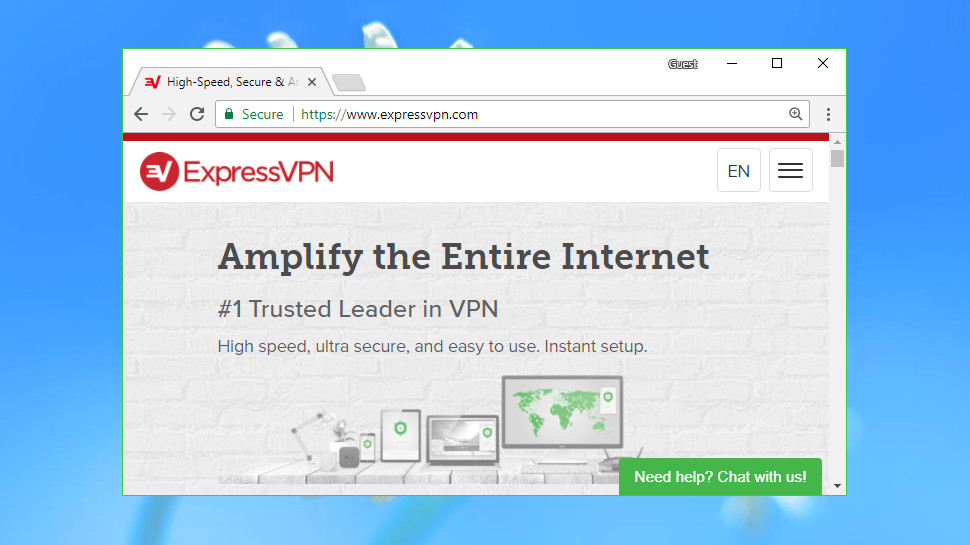
Test variables
We're going to try to rank the performance of five of our favorite VPNs: ExpressVPN, IPVanish, IVPN, NordVPN, and Private Internet Access.
Finding a meaningful way to compare VPN performance isn't straightforward as every network is different, and each user has his or her own needs and requirements.
Some servers may be fast, for instance, while others might be slow. Speeds might vary further depending on where the person accessing them is located. Whatever figures anyone can quote – fast UK to UK connections, maybe slow speeds from the US to the Netherlands – will mean little if you're based in, or accessing other countries.
There's another factor to think about in terms of network size. Suppose a VPN is on average 10% slower than the market leader, but it covers three times as many countries and has twice as many servers in each location. Top speeds might not be as high, but if you need to access one of the additional covered countries then the service could still be faster for you, and the extra servers might be better at handling the load at peak times.
Which service is the best performer? The only answer anyone can give is ‘it depends’…
None of this means we can't rank our VPNs for speed, but it's not practical to do this with a single figure. We'll need to take several factors into account.
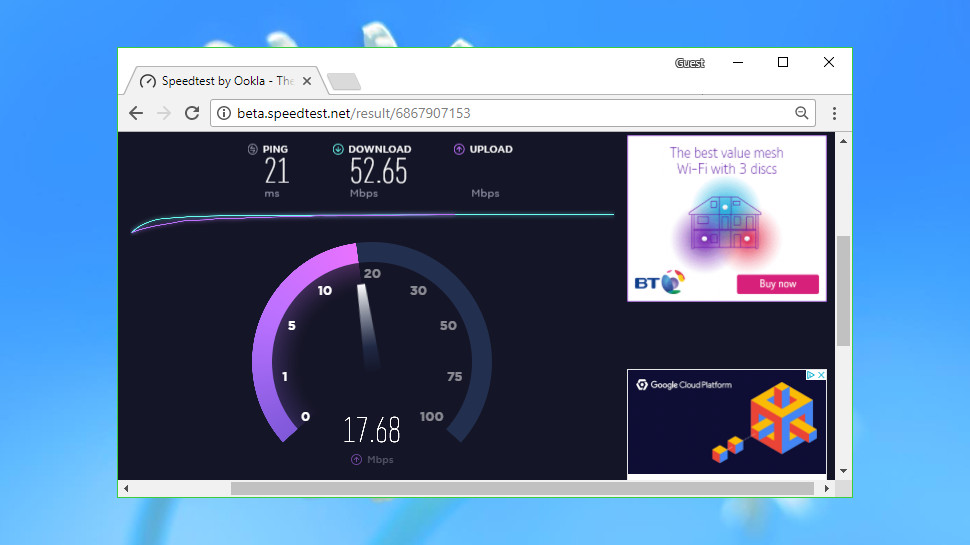
Maximum speed
The simplest measure of any VPN's performance is its maximum speed, which is usually what you'll get when connecting to the server in your own country.
Private Internet Access just scraped into first place in this opening test, averaging a speedy 38-40Mbps when connecting to our nearest UK server (we conducted several rounds of speed tests, taking the average).
IVPN came a narrow second at 35-40Mbps. Its best speed was a fraction higher than Private Internet Access, but performance was also more inconsistent and that dragged the final results down.
ExpressVPN and IPVanish ran equal third place at around 30-36Mbps. NordVPN came ‘last’ by peaking at 33Mbps, but that's still better than many VPNs, and more than enough for most applications.
This is a useful first look at service speeds, but be careful how you interpret the figures. They were measured from a testing point in the UK to our nearest UK server, and although they're a useful indicator, you may see different rankings in other countries.
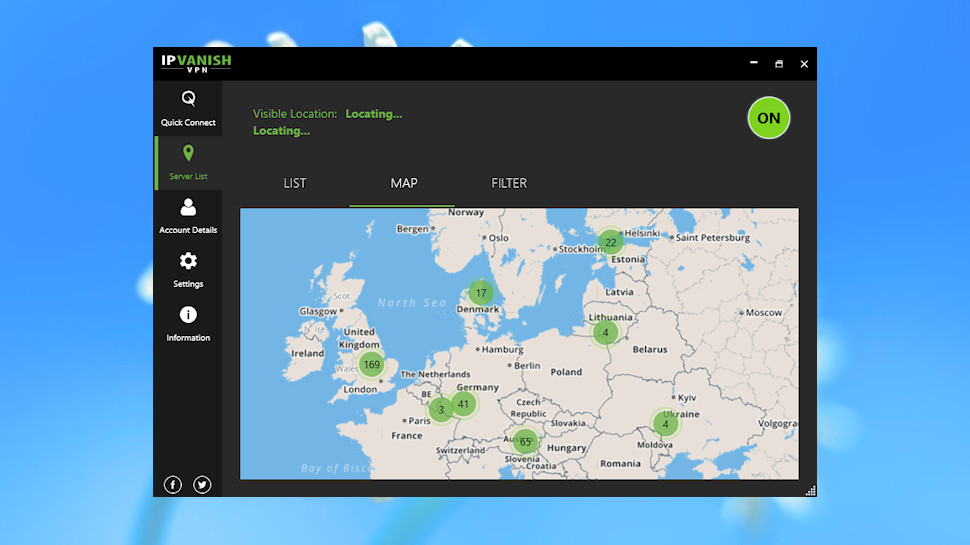
International rates
For our second group of tests we moved further afield, checking connections from the UK to nearby European countries, including France, Germany, Netherlands and Sweden.
Private Internet Access topped the list once again, with our European servers giving us 28-38Mbps downloads.
IVPN followed close behind with a very acceptable 28-35Mbps.
ExpressVPN gave us variable results but peaked at 35Mbps. IPVanish was more consistent, but peaked fractionally lower at 34Mbps. We're making them equal third.
NordVPN was fractionally behind the rest at 15-30Mbps, but it was a close-run contest, and again this is better than you'll see from many VPNs.
The same warning applies to these figures as the last set, in that they're all based on tests run from the UK. Still, it's interesting to see that the overall rankings are the same for both the local and international speed tests.
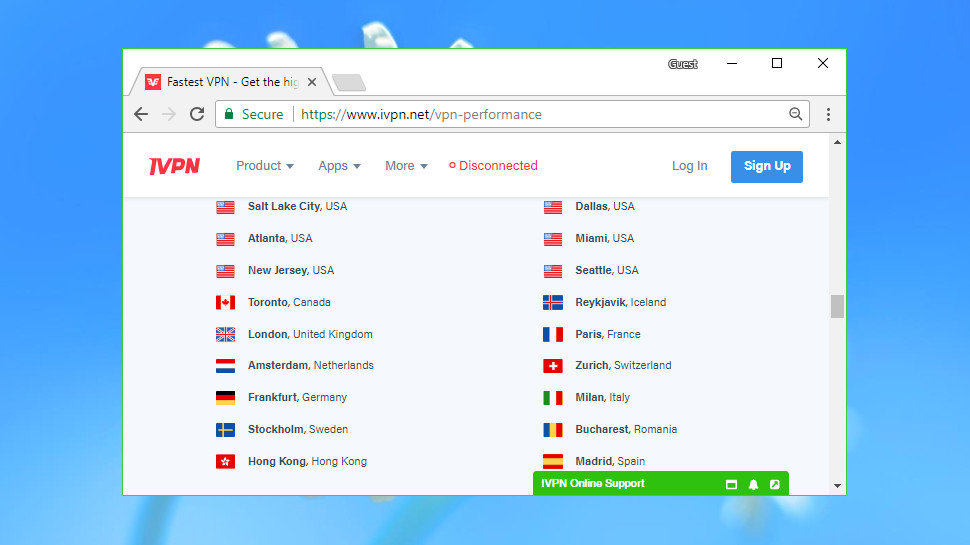
Long distance
The further away your VPN server, the greater the download speed penalty is likely to be. We pushed the limits of these VPNs by checking connections from the UK to the US and Asia.
Private Internet Access scored a triumphant first place by a huge margin, giving us 35-40Mbps to the US and 20-30Mbps to destinations including Singapore, Japan and South Korea.
NordVPN came in second with an average of 26Mbps for US connections, and IVPN, ExpressVPN and IPVanish were equal third at 20Mbps. Asian servers were poor for everyone but Private Internet Access at an average of around 5Mbps.
As before, we would treat these figures with a little caution. The fact that Private Internet Access was first yet again confirms it's a great performer, but the others had very similar results, and the exact speeds you'll see will depend on the servers you're using.
- It’s also worth bearing in mind the good reasons why a VPN isn't enough
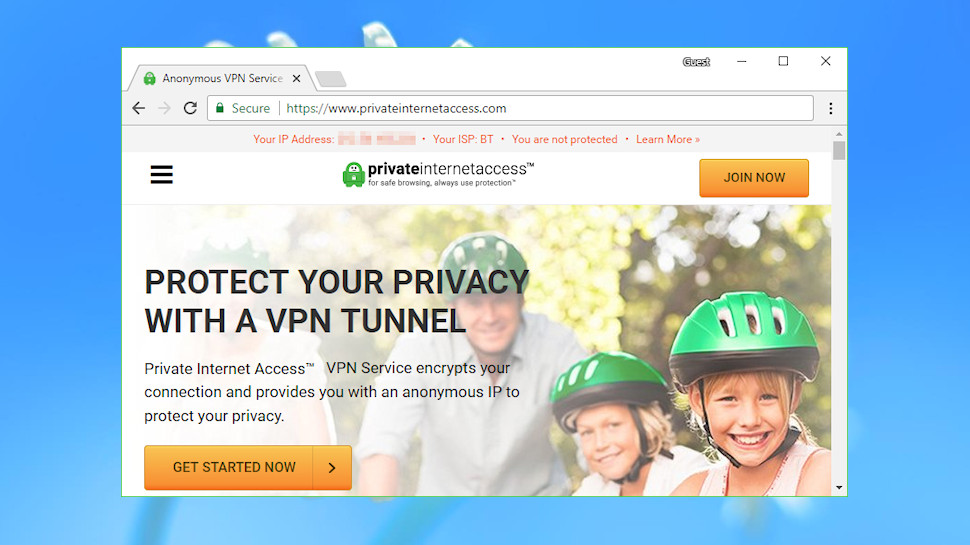
Conclusions
If we look at performance figures alone, Private Internet Access was the undisputed runaway winner across all our tests. IVPN was a creditable second, and ExpressVPN, NordVPN and IPVanish were too closely matched to separate them in any meaningful way.
But, once again, it may not be quite that simple.
For example, Private Internet Access has lots of servers (3,000+) but it covers just 25 countries. IVPN has locations in only 13 countries. Meanwhile, NordVPN gives you access to 56 countries, IPVanish more than 60, ExpressVPN more than 90. If you need to access some of these less common locations, our lower-ranked VPNs might give you better speeds after all.
It's worth taking the features of each service into account, too.
ExpressVPN's Speed Test feature does a very thorough job of identifying the fastest available server for any connection, for instance. In the long term that could help the VPN perform better than our raw benchmarks show.
The IPVanish Windows client stood out for us thanks to its configurability and low-level control, including the ability to change protocols, set the OpenVPN port, assign your own DNS servers and view the OpenVPN connection logs. Experts may find they can use that kind of power to give them a real speed boost.
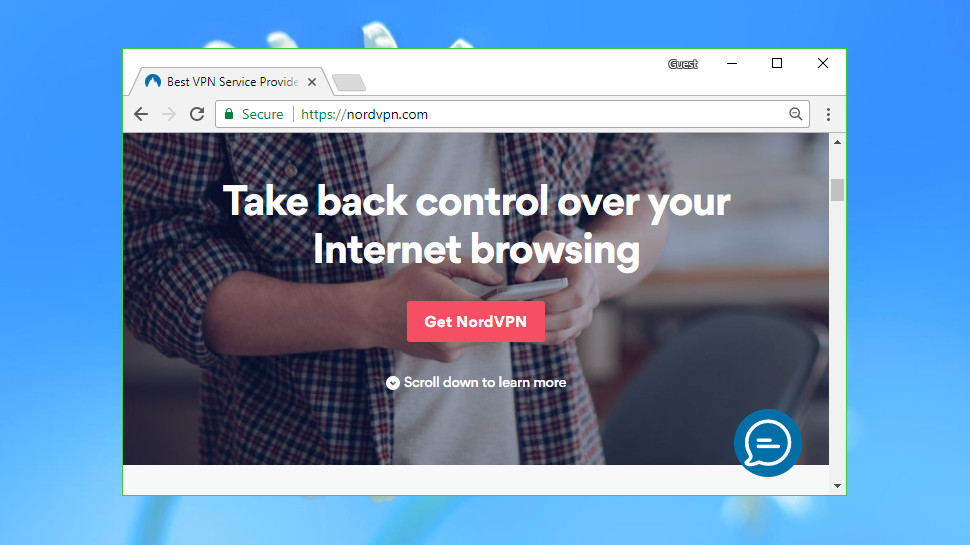
It's a similar story with NordVPN, which offers features including ad-blocking and custom DNS settings. These weren't used during our tests but could make a difference to performance in real-world use.
Overall, while performance tests are important, and we're happy to recommend Private Internet Access as a great VPN, these benchmarks aren’t the whole story. They’re a good starting point, but the best overall approach is still to go further and try out several of the top contenders for yourself, find out how they perform in your city, with your apps, accessing the servers you most want to use.
- Check out the best free VPN services of 2018
from TechRadar - All the latest technology news http://www.techradar.com/news/fastest-vpns-of-2018
Are you still working from home without taking any privacy measures? Well you should get an Ivacy VPN subscription for 88% off and stay secure online!
ReplyDelete